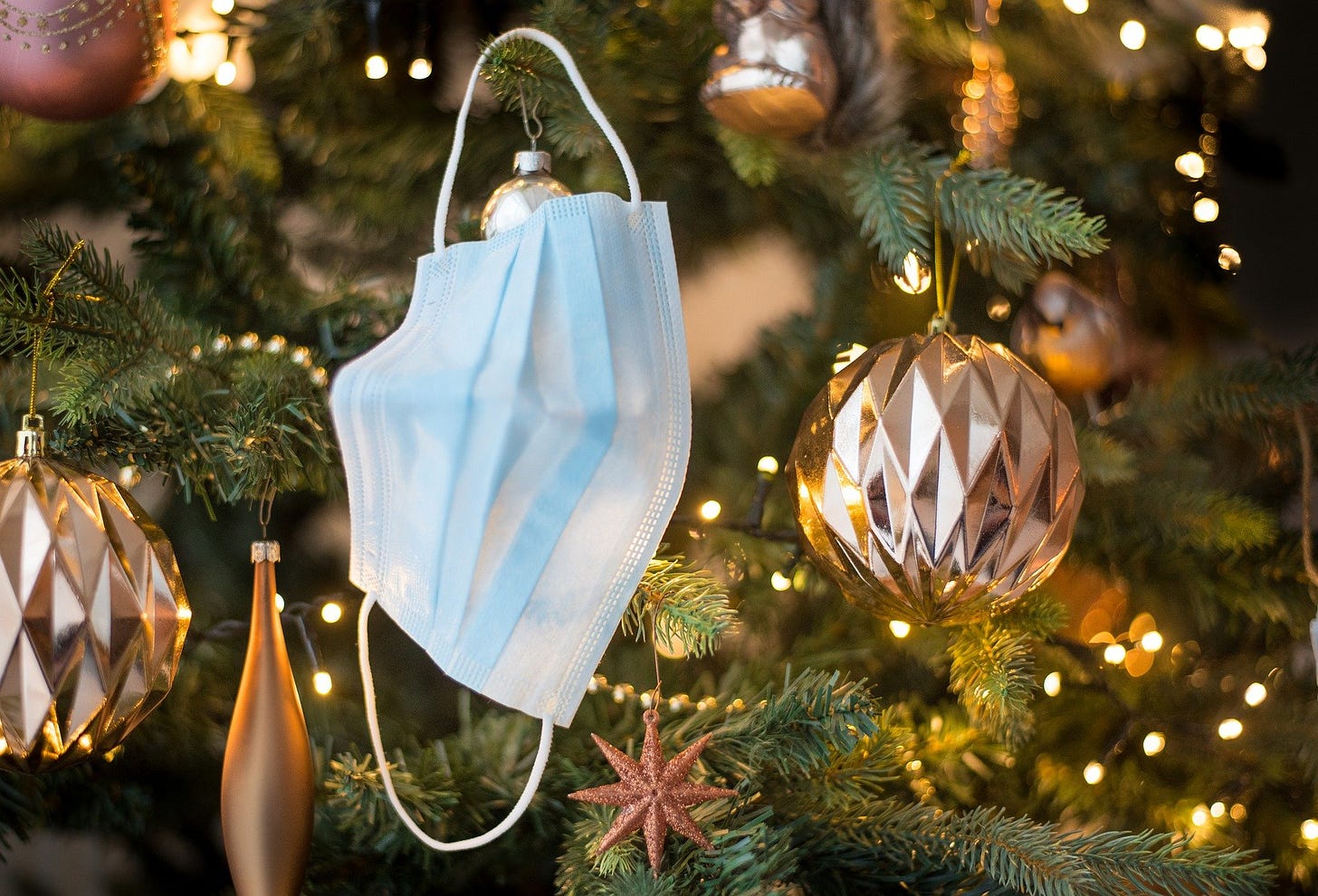Unsettling Advent, Day 4
“If we live, we live for the Lord; and if we die, we die for the Lord. So, whether we live or die, we belong to the Lord.” (Romans 14:8)
Humans report fearing public speaking more than death. I’m skeptical. There’s an entire scholarly tradition arguing that almost every human action and anxiety traces back to our mortality. Why do we have children or put our names on buildings or write books? Because we’re trying to achieve a kind of immortality, fully aware that we will someday (soonish) die.
In one of my favorite books, The End of the Christian Life, theologian J. Todd Billings urged followers of Jesus to take the opposite approach: “Only those who know they are dying can properly trust in God’s promise of eternal life.” As someone living with terminal cancer, Billings certainly knows the truth of what he speaks.
Reading that quote, I get stuck on the words “properly trust.” It implies there is a way to improperly, or wrongly, trust. Acknowledging our mortality allows us to see that eternal life must come from God, from beyond us, and not from our vain human pursuits. We must recognize who we are in order to properly trust in who God is.
That element has been lacking throughout the pandemic. Rather than properly trust in the miracles of vaccines and the wisdom of scientific experts, many continue to invest false hopes in conspiracy theories and refuse to practice common sense public health habits.
You hear unreflective claims that whatever carnage COVID-19 creates is just “God’s will.” Nothing can be done, so why bother to fight? I find that fatalism absurd given that people uttering those words likely get colonoscopies, appendixes removed, and other medical help with addressable ailments.
Instead, vaccine opposition and mask fights seem more about political statements than religious conscience or honest medical skepticism. That’s a tragedy both because of the lives unnecessarily lost to the virus and those unable to properly trust in God’s gifts.
There is clearly a paradox to the Christian faith: We know our lives on earth are temporary but God desires us to use them in worshipful ways. To quote Billings again: “We can live lives of service, loving God and neighbor, in a way that does not allow the fear of death to master us.”
I earnestly hope going through Advent, again, during a pandemic brings this truth home. We prepare to properly trust the Messiah sent by God. We will learn from him that such fidelity involves receiving and enjoying the other gifts shared by God with us, especially those that can save our lives, can save the lives of our neighbors, and can allow all of us to devote ourselves to the Lord’s service.
Beau Underwood is vice president of external affairs and senior editor at Word&Way.


